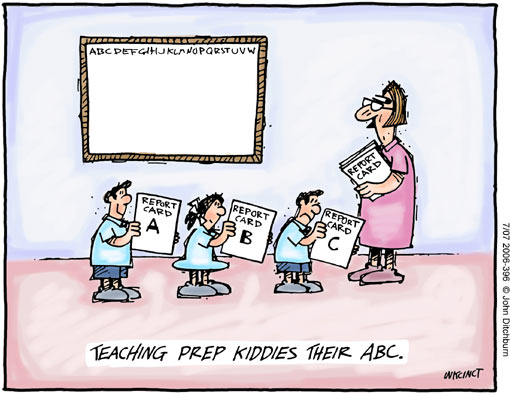1. How does the author describe Malaysia in regards to showing affection?
In Malaysia peoplenso are against public shows of affection. They censored tongue kisses, homosexuals, anti-government sentiment and pretty much anything else that could offend someone.
2. What happens to the author when she hits puberty?
When the author hit puberty she moved away from her friends and most of the time she was alone reading a boo k in the library or in the attic of her house.
3. What is the author’s experience at school when she first arrives to Melbourne?
When she first arrived at the school in Melbourne the white kids paid no attention to her and the only people who tried to be her friend were other Asians. She was put in an ESL class, even though she spoke fluent English, just because it was her first time in Melbourne.
4. What is it that made the author feel that she wasn’t Australian even though she spoke English fluently?
She didn't feel Australian because even though she spoke the language fluently she had an accent which gave her away as an outsider.
5. What else was it about the author that further alienated her from her peers?
She was interested in woman instead of men.
6. What does the use of description like ‘crash hot’ do to the audience’s perception of the author?
It makes the audience believe that the author is still pretty much a teenager even as that is the kind of slang that younger people use.
7. What opportunity does university give the author? What is it about university which would allow her to express herself more freely?
She meets someone else who is like her and then she realises there's nothing wrong with it so she doesn't have to be ashamed of it any more.
8. What role does creativity play for the author? Why do you think that creativity would be so important to her?
It allows her to express herself and not be ashamed. She can make plays and stories about things that she is interested in. Because of her creativity the highlights of her life where public events instead of the times in the library.













